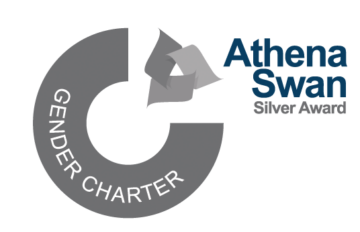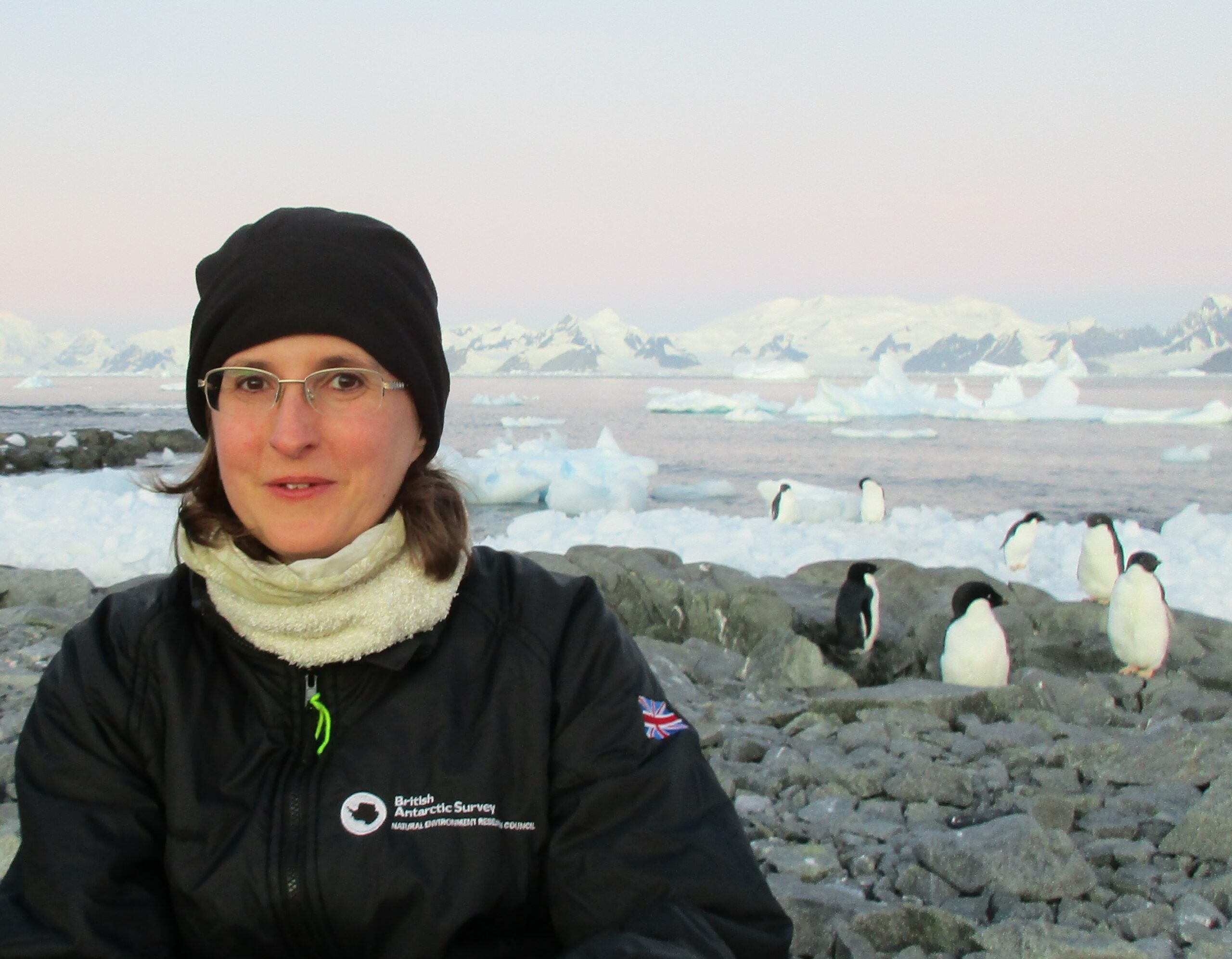Breaking the ‘Ice Ceiling’ for Gender Equality
British Antarctic Survey (BAS) has achieved an Athena Swan Silver Award in recognition of efforts to advance the careers of women and underrepresented groups at the polar research institute in Cambridge.
BAS was one of the first research organisations to join the Athena Swan Charter and achieve a Bronze Award in 2015. Its continued work to address gender equality has led to the organisation meeting the Athena Swan Silver accreditation for removing further barriers to progression in STEM.

Professor Dame Jane Francis, Director of British Antarctic Survey said:
“As the first female Director of BAS, I have witnessed a dramatic cultural shift in the way the issue of diversity is discussed and approached in BAS. Positive actions around diversity are now more natural and welcomed, and preconceptions are openly challenged.
There is still a lot of work to be done. The leaky pipeline of female environmental scientists from PhD to academic career is still a big concern, as well as the lack of diversity across the UK polar sciences in general. We will build on this award to strengthen the connections and collaborations between the UK Polar Science community and those from currently under-represented groups to make greater strides towards equality of opportunities.”
From PhD to Science Leader

Dr Tracy Moffat-Griffin is Science Leader of the Atmosphere, Ice and Climate team. She joined BAS after her PhD and had a supportive line manager who provided mentoring. When Dr Moffat-Griffin had her first child, the six-month full pay maternity leave and flexible working culture provided by BAS enabled her to continue her career alongside her new caring responsibilities.
During the pandemic, while Interim Science Leader, she began treatment for cancer. Hybrid working enabled her to alternate working days with sick days and join meetings and catch-up with colleagues whenever she felt able to.
Dr Moffat-Griffin noted: “Over the years I have benefitted greatly from formal and informal mentoring at BAS from senior scientists, both male and female. I would not have had the confidence, nor gained the skills needed, to apply for a leadership position without this.”
UKRI Future Leaders Fellow

Dr Dani Jones, Physical Oceanographer, initially relocated from the US to BAS in 2013. Due to encouragement from their manager, they applied for the UKRI Future Leadership Fellowship scheme and were supported by the pre-award team and several senior scientists.
They received the news of their successful UKRI Future Leaders Fellowship as the Covid-19 pandemic started in March 2020. Their personal and professional life dramatically changed as like most parents, they attempted to balance childcare and home-schooling with their own career. The flexible working policy at BAS meant they could work from home and balance their personal responsibilities.
Dr Jones commented: “I feel comfortable and well-supported as a transitioning non-binary person at work; my BAS colleagues across have been unflinchingly affirming and understanding. With this support, I feel like I can confidently aim to use my privilege to advocate for others, including women and others in underrepresented categories.”
Athena Swan Silver Award
When BAS started their journey towards a more equal workforce, female staff were underrepresented in senior roles. The female membership of the Executive Team has now increased from 40% to 66% since 2017, along with the Science Strategy Executive Group increasing from 28% to 41% over the past 5 years. The newly formed Science Management Team has an equal gender representation.
Historically, developing a career in STEM for many women at BAS – either as a scientist or as a marine officer, pilot, or engineer – was challenging primarily because British research stations in the Antarctic were male-only. Over the past decade there have been major changes and there are now female pilots, station leaders, marine officers and engineers working for BAS. The contribution of female polar scientists, lab managers, chefs and field guides is nationally recognised and 13 BAS women have been awarded a polar medal in the last 20 years.
The work carried out by BAS to reduce gender underrepresentation and the pay disparities was particularly commended by the Athena Swan panel when assessing its application.
Other activities at BAS that have contributed to the Silver Award include an emotional resilience programme for staff undertaking science cruises. A conference and training fund has been set-up to help cover additional costs for staff with caring responsibilities. For staff who live and work at sea, there is specific training on mental health awareness, self-harm and suicide prevention. There is also training to support specific groups, such early career researchers, research fellows and established scientists.
The Athena Swan framework was established in 2005 and is used by higher education and research institutions to support and transform gender equality.
The team behind the Athena Swan award application will continue their work to improve diversity at BAS and break down barriers and improve representation. This will include a roadmap to support career progression, increasing support for promotions and developing wellbeing resources for staff in Cambridge and in Antarctica.
Find out more about equality, diversity and inclusion at BAS and the Diversity in Polar Science Initiative (DiPSI).